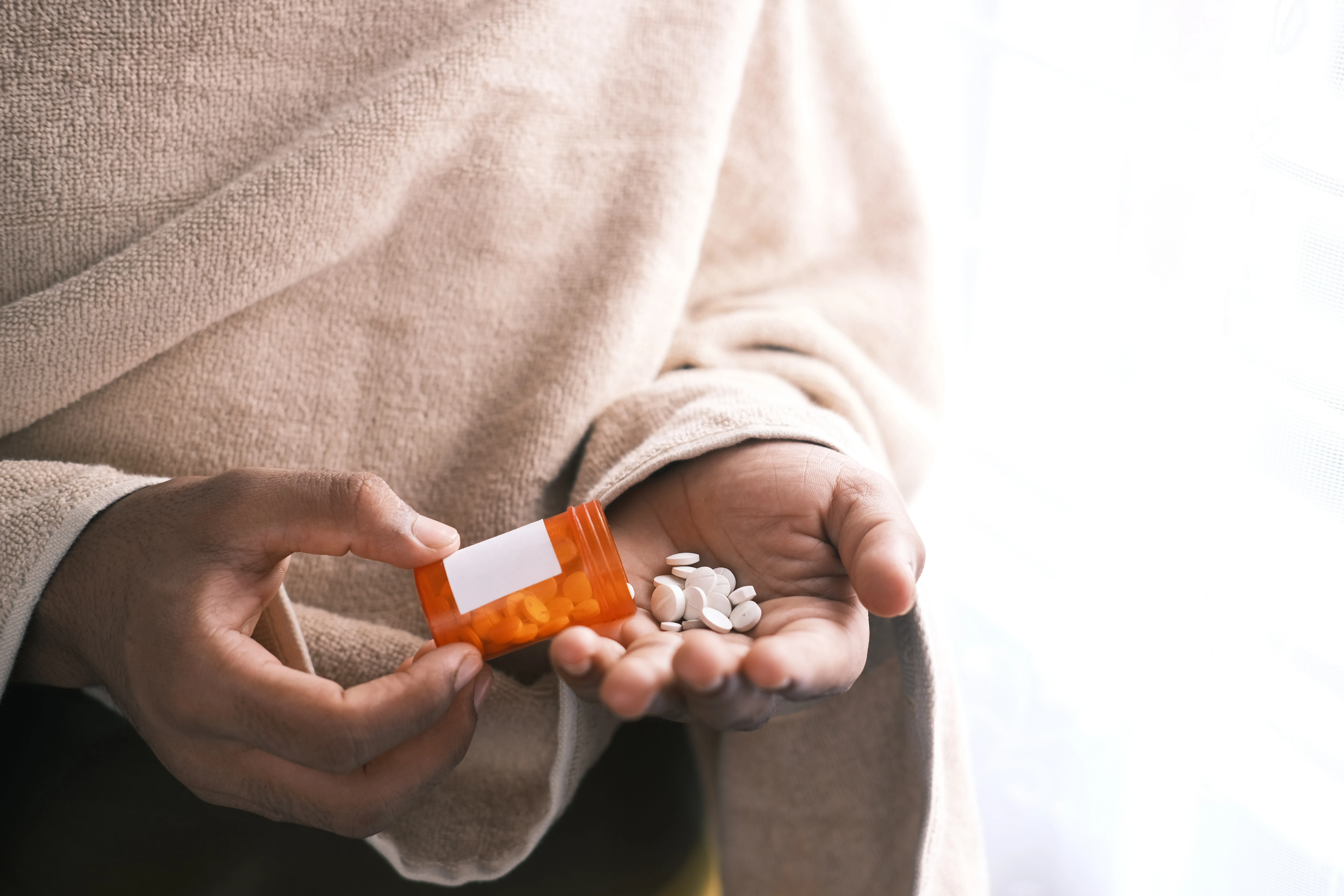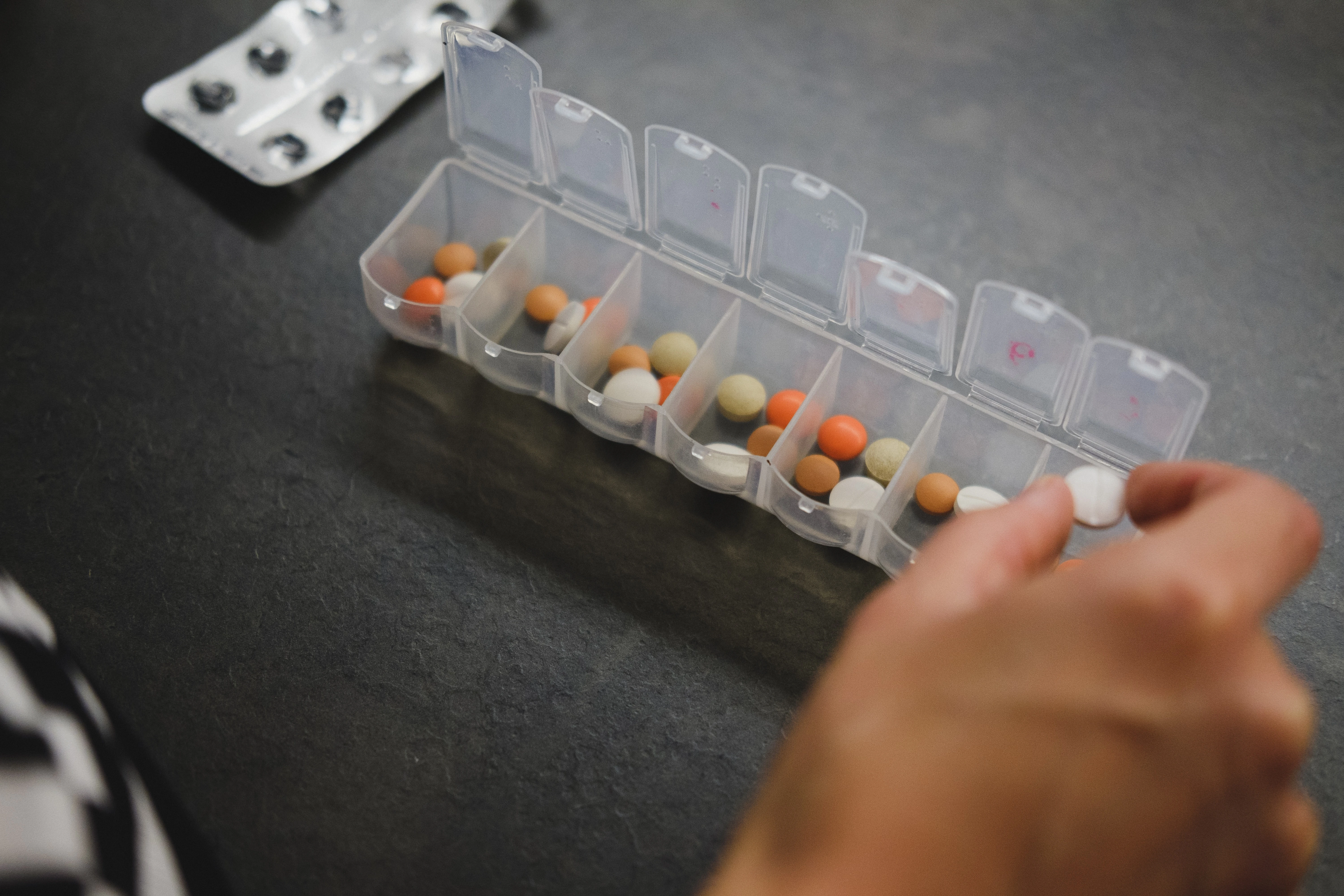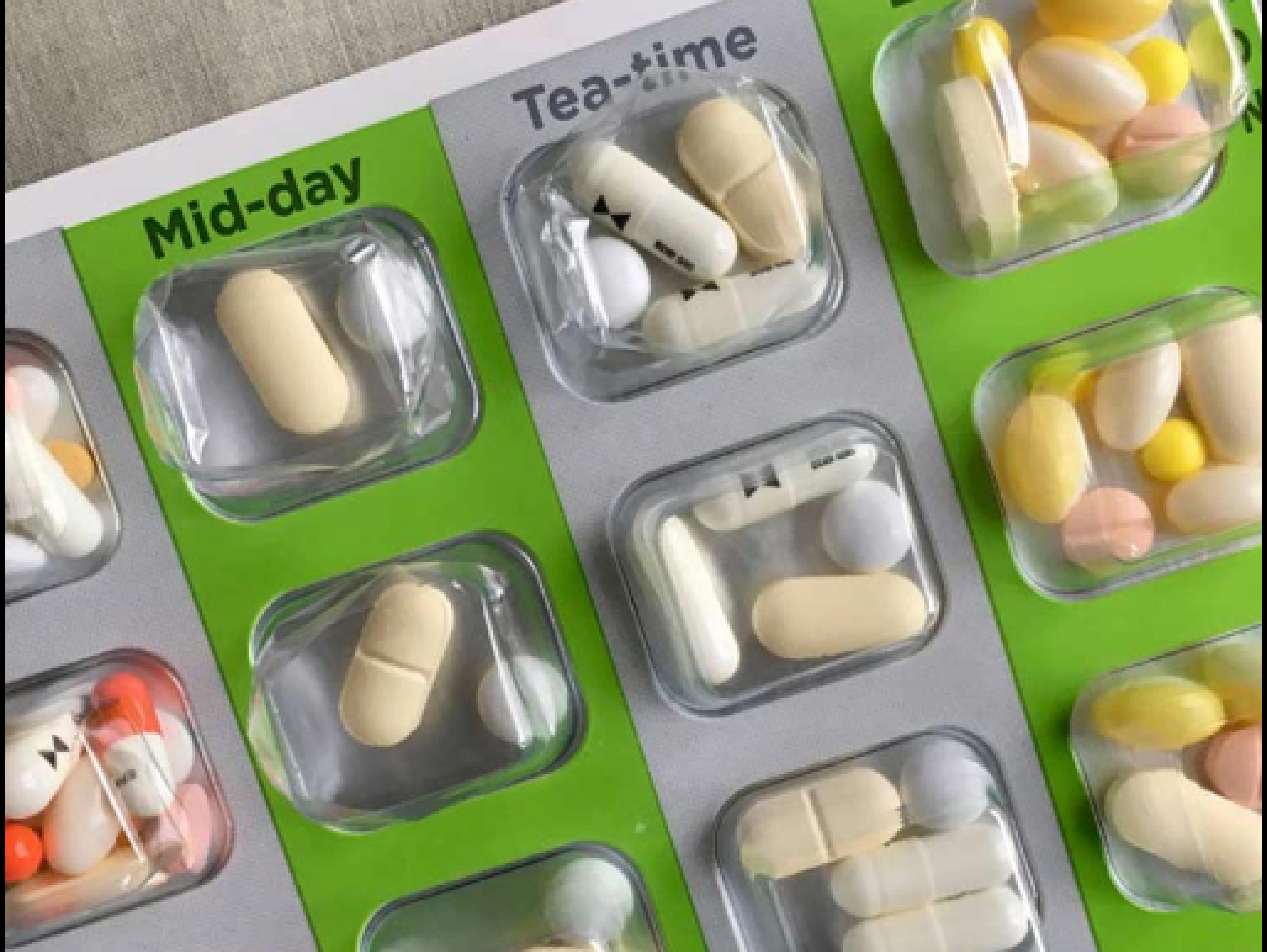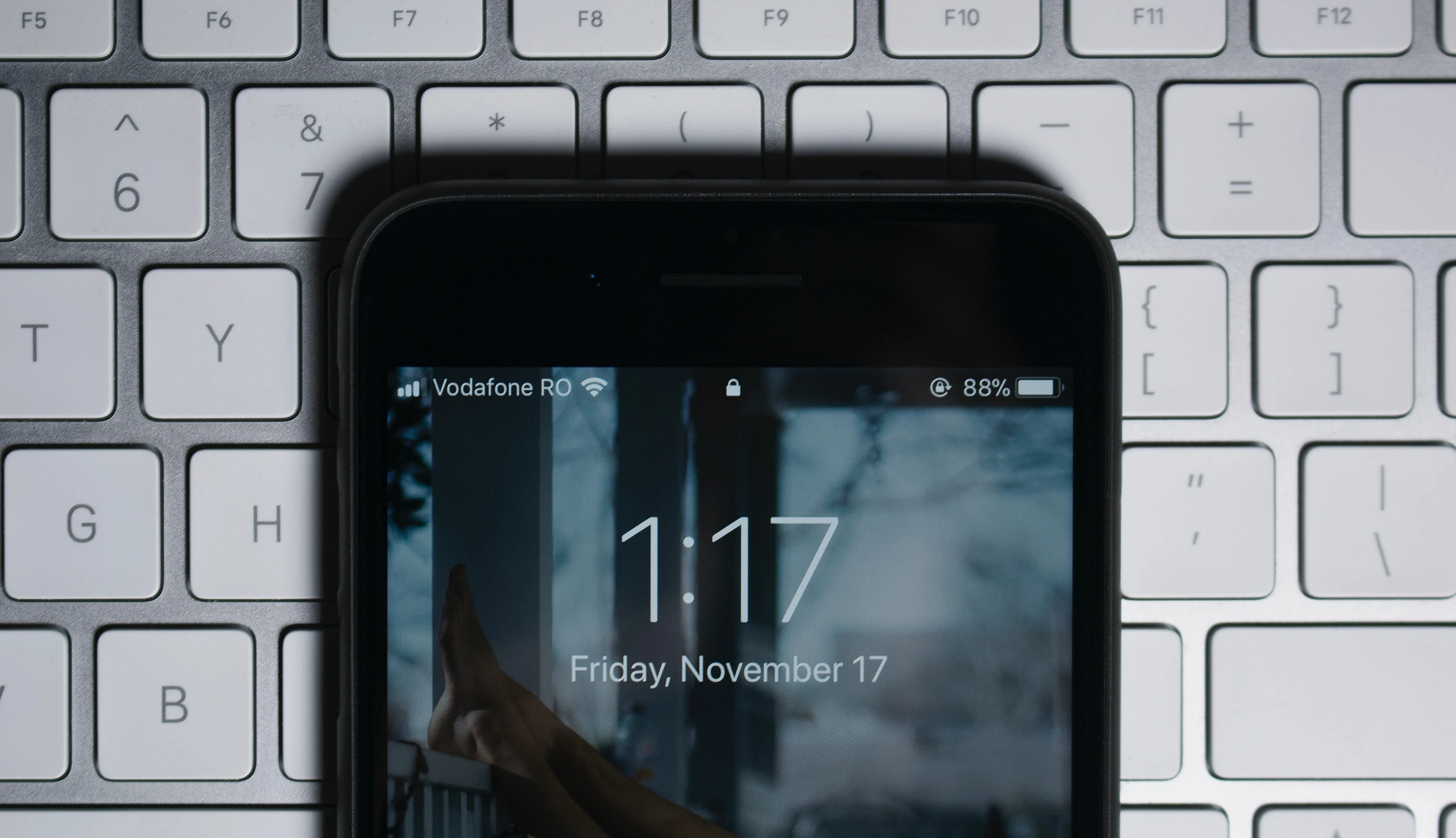Medication
- Brona Kehoe, Pharmacist and Fiona O'Connor, Pharmacist
- 4 minute read
- Last updated: November 2024

If you have had a stroke or TIA (transient ischaemic attack), your doctor may prescribe medications to help stop it from happening again. These medications:
- lower cholesterol levels
- lower blood pressure
- prevent blood clots or bleeds
- treat related health conditions
Going home from hospital
You will be given a prescription for your medication. Talk to your hospital care team, local pharmacist or GP (family doctor) if any medications have been added, changed or stopped.
Getting your medication from the pharmacy
1. Without a medical card
Take your prescription to your local pharmacist immediately after leaving the hospital.
2. With a medical card
Take your prescription to your GP. Your GP will convert it to a medical card prescription that you can use to get your medications at your local pharmacy.
3. Food and other medication
Ask your pharmacist or GP if there are any foods or other medications (including over-the-counter medications) that could interfere with how your new medications work.
Keeping safe on your medications
Get your medications from the same pharmacy if possible, as they will know your medical history. Never stop or change your medications on your own. Talk to your GP, pharmacist or stroke nurse first.
Tips for taking your medications

1. Use a pill box organiser
Organise your medication by the days of the week.

2. Ask about a blister pack
Your pharmacist can pack your medications by days of the week and times of the day.

3. Set an alarm on your phone
Setting an alarm can help remind you to take your medications.
Understanding stroke medications
Blood pressure medication | Anti-hypertensive
To reduce your risk of another stroke, your doctor may recommend you try to lower your blood pressure. This can be achieved through a healthy diet and lifestyle. You may also be prescribed one or more blood pressure lowering tablets. Some of these medications can be prescribed together in a single as a combination tablet.
Also called: Ramipril | Perindopril | Olmesartan | Doxazosin | Amlodipine | Lercanidipine | Indapamide | Bisoprolol.
Cholesterol | Statins
Statins lower your cholesterol and prevent further strokes. They do this by reducing the buildup of fatty deposits in your blood vessels. They may also reduce stroke risk by reducing inflammation in blood vessels.
Also called: Atorvastatin | Rosuvastatin | Fluvastatin | Pravastatin | Simvastatin.
Blood thinning | Anti-platelets
Anti-platelet medication makes your blood cells less sticky, so it is harder for blood clots to form.
Also called: Aspirin | Clopidogrel | Dipyridamole | Ticagrelor
Blood clot preventing | Anticoagulants
Anticoagulants reduce the risk of blood clots associated with atrial fibrillation (an irregular heart rhythm), deep vein clots and clots in the heart chambers, all of which can be associated with stroke.
Also called: Dabigatran | Apixaban | Rivaroxaban | Edoxaban | Warfarin | Heparin
Preventing Clots After Stroke | Dual Antiplatelet Therapy (DAPT)
Dual Antiplatelet Therapy (DAPT) involves taking two antiplatelet medications. One of these antiplatelets is usually aspirin and the other is a type of antiplatelet called a P2Y12 inhibitor, these include Clopidogrel, Prasugrel or Ticagrelor.
Antiplatelets make your blood cells less sticky, so its harder for blood clots to form and can help to reduce the risk of a stroke or a heart attack.
Also called: Aspirin | Clopidogrel | Prasugrel | Ticagrelor
Stomach protector | Proton pump inhibitor
Proton pump inhibitors can be prescribed to protect your stomach from irritation caused by some medications.
Also called: Esomeprazole | Lansoprazole | Omeprazole | Pantoprazole
Questions to ask
- Have any medications been added, changed or stopped?
- Why do I take this medication and what happens if I don’t take this medication?
- What do I do if I miss a dose of my medication? (A dose is an amount of your medication that you take at one time.)
- Are there any side effects with this medication and what do I do if I experience them?
- How long do I need to take these medications for?
- Can I take all of my medications at the same time?
- Do I need to avoid certain foods or over-the-counter medication while on this medication?
Other information
Getting help
1. If you are feeling confused about your new medications
Consider calling or visiting your local pharmacist, GP or stroke nurse.
2. If you notice a change in symptoms or new side effects
Call your GP for a consultation.
Top tips
Medication supply
“Do not allow your medications to run out. Visit your GP (family doctor) and pharmacy for a new supply one to two weeks before your medications run out”
Brona Kehoe | Pharmacist |
Side effects of medication
“If you experience side effects, talk to your pharmacist or GP (family doctor) before stopping any medication.”
Brona Kehoe | Pharmacist |
Travelling
“If you are travelling, take a written list of your medications and an extra one-week supply of your medications.”
Brona Kehoe | Pharmacist |